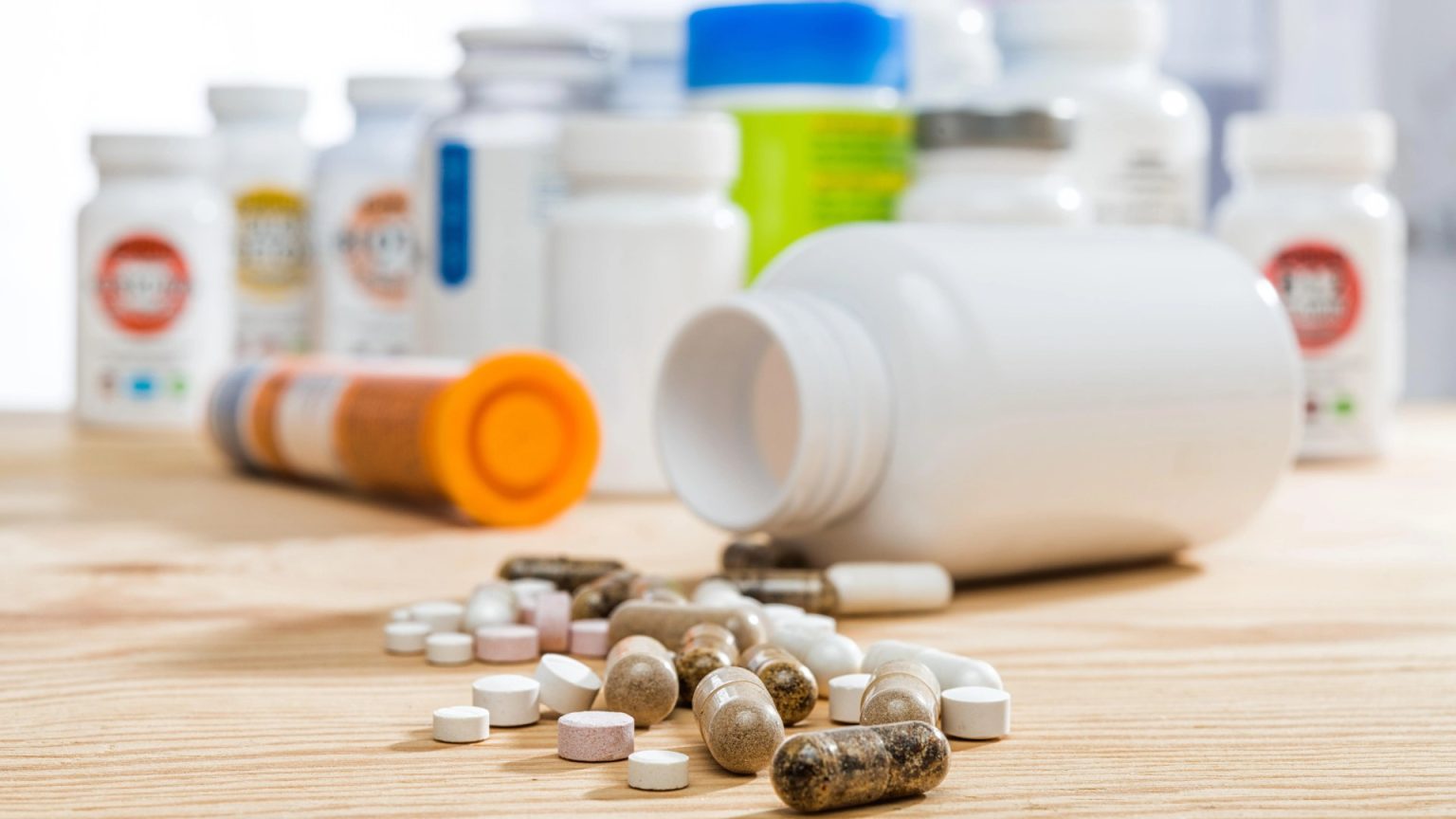The supplement industry has exploded, offering a pill or potion for nearly every health and wellness pursuit. However, this abundance comes with a hidden danger: many supplements contain potentially harmful ingredients masked behind enticing health claims. Consumers often prioritize convenience and perceived benefits without scrutinizing the ingredient list, leaving them vulnerable to ingesting substances that can range from mildly irritating to seriously detrimental to their health. It is crucial for individuals to become informed consumers, understanding the potential risks associated with common supplement additives and learning how to identify high-quality products.
Several commonly used supplement ingredients offer no nutritional value and may even pose health risks. Magnesium stearate, while generally considered safe, can cause digestive issues, especially for those with IBS. Silicon dioxide, an anti-caking agent, has unknown long-term effects and may contain microplastics. Guar gum, a thickening agent, can lead to bloating, constipation, and even more serious complications in high doses. Brown rice flour, often used as a cheap filler, may contain traces of arsenic. Artificial colors and flavors, while making supplements more appealing, have been linked to hyperactivity in children and even cancer in some animal studies.
Proprietary blends, a common marketing tactic, allow manufacturers to hide the exact amounts of each ingredient, making it impossible to determine the efficacy of the product. This lack of transparency raises red flags about the product’s overall quality and effectiveness. Similarly, titanium dioxide, a whitening agent banned in the EU due to potential carcinogenic properties, highlights the disparity in regulations across different regions and underscores the importance of staying informed about potential risks. Hydrogenated oils, a type of trans fat, can negatively impact cholesterol levels and increase the risk of heart disease, while carrageenan, derived from seaweed, has been linked to gastrointestinal inflammation. Artificial sweeteners, often found in supplements as well as processed foods, can disrupt the gut microbiome and contribute to insulin resistance.
Navigating the supplement market requires a discerning eye and a commitment to research. Seek out supplements that prioritize transparency, using clear labeling that discloses all ingredients and their precise dosages. Look for certifications of analysis (COA) from independent labs, which verify the purity and potency of the product. Opt for supplements containing patented ingredients backed by scientific research, and choose brands that offer money-back guarantees, demonstrating confidence in their product’s quality. These practices help ensure you are investing in a product that genuinely aligns with your health goals.
Be wary of information gleaned from social media influencers, who often prioritize brand deals over scientific accuracy. Their endorsements may lack scientific backing and can lead consumers toward unregulated or ineffective products. It is crucial to consult with a qualified healthcare professional before starting any new supplement regimen, especially if you have pre-existing health conditions or are taking other medications. A doctor can help assess your individual needs, recommend appropriate supplements, and monitor for potential side effects or interactions.
The proliferation of supplements and the often misleading marketing surrounding them necessitate a proactive approach to consumer education. Initiatives such as the SafeSupp app empower individuals to make informed decisions by providing ingredient analysis and highlighting potential risks. By scanning product labels, users can access information about potentially harmful additives and assess the overall safety of the supplement. Such tools, combined with critical thinking and consultation with healthcare professionals, are vital for navigating the complex world of supplements and safeguarding your health. Ultimately, an informed consumer is empowered to make choices that support their well-being and avoid the potential pitfalls of unregulated and potentially harmful ingredients.


